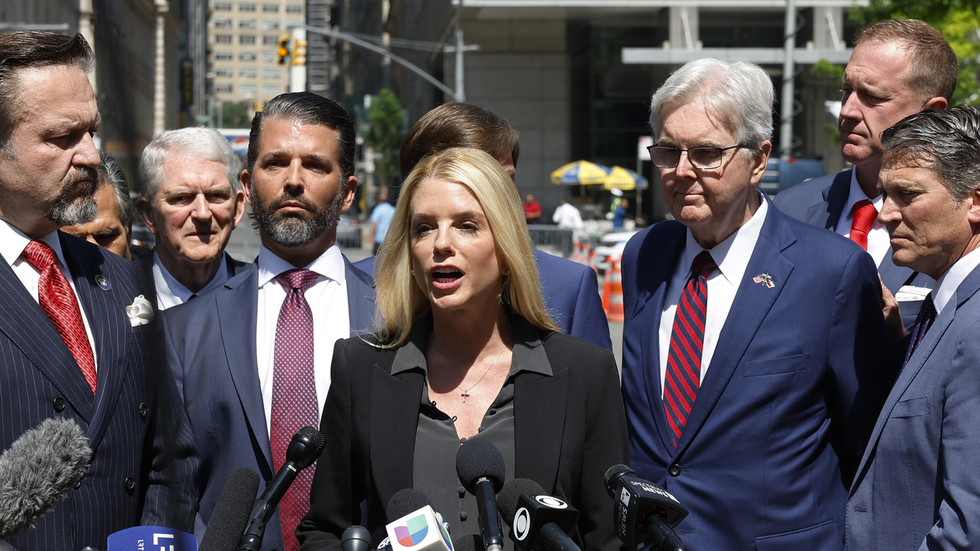Parliament overwhelmingly supports decriminalizing “simple possession” of all narcotics, following a 210 to 117 vote on committee reports.
Except for Conservative MPs, all other House parties voted in favour of legalizing heroin, cocaine and other illicit drugs, as recommended by the public safety committee, reported Blacklock’s.
Drug overdoses have killed more than 32,000 people since 2016, when “safe supply” became official policy.
A Trudeau cabinet minister told reporters Friday that her government is “saving lives” through their efforts on harm reduction. Drug overdoses have killed more than 32,000 people since 2016, when “safe supply” became official policy.https://t.co/hBRP253F8s
— Rebel News (@RebelNewsOnline) October 11, 2024“Why has it come to this?” asked Conservative MP Jacques Gourde. “We have reached the end of the road and nothing better lies ahead if we continue down this path,” he said.
The report A Path Forward: Reducing Gun And Gang Violence In Canada follows up on Bill C-216, a failed NDP bill to decriminalize all narcotics.
“Its time has come,” New Democrat MP Gord Johns, sponsor of the bill, told the Commons at the time. “I know there is support in this Parliament for the measures proposed in the bill from many members and from many parties.”
Cabinet was noncommittal on decriminalization, Blacklock’s learned. “The government is exploring policy approaches and a broader framework that would ease the impact of criminal prohibitions in certain circumstances,” it said.
The Commons last May 29 upheld a similar “safe supply” policy by a 209 to 113 vote. Poilievre sponsored a counter-motion to “redirect all funds from … hard drug programs to addiction treatment and recovery programs” that did not pass.
A Trudeau cabinet minister told reporters last month that “safe supply” policies are “saving lives.”
From February 1, 2023, to May 7, 2024, overdose deaths totalled 3,313 in British Columbia, reported Blacklock’s. That surpassed the 2,843 deaths recorded in the 15 months before decriminalization, a 16.5% increase.
The office of Ya’ara Saks, the Addictions Minister, did not cite any data to explain the increase in overdose deaths. “This is an extremely complex health crisis,” said the note Criticism That The Exemption Is Leading To More Overdose Deaths.
Since April 2016, drug overdoses have killed nearly 14,000 people in British Columbia, and over 32,000 people nationwide. Health Canada blamed fentanyl for the overwhelming majority (76%) of those deaths.
Premier Doug Ford calls the Trudeau Liberals the "biggest drug dealer in the country" and criticizes their support for so called 'safe supply' taxpayer-funded opioid programs. https://t.co/t50c3TNz74 pic.twitter.com/CGD1WSgSWg
— Rebel News (@RebelNewsOnline) August 23, 2024Canada now exports fentanyl, according to the Department of Foreign Affairs, with seizures taking place at clandestine laboratories in Canada, as well as places like the United States and Australia.
That suggests “domestic production is likely exceeding domestic demand and that Canada is now a source and transit country for fentanyl to some markets.”
According to in-house Privy Council research, most Canadians oppose the policy. “Participants were mostly negative,” said a 2023 reportContinuous Qualitative Data Collection Of Canadians’ Views.
Asked about opioid addiction, British Columbians in federal focus groups called it a major worry.
Addictions Minister Ya'ara Saks fearmongers over involuntary care for drug addicts proposed by Conservatives, claiming it's polarizing and driven by a "lack of evidence" before being corrected that even the BC NDP has changed its policies.https://t.co/rPoJJ4gQUI pic.twitter.com/XQBs8zOi2D
— Rebel News (@RebelNewsOnline) October 11, 2024The Trudeau government committed more than $1 billion to address overdose fatalities since 2017, according to a December 2023 update detailing federal actions. That excludes $27 million to fund 22 “safe supply” sites this year across B.C. and Ontario.
Premier David Eby, once an advocate for drug decriminalization, walked back his support after heralding complaints of public disorder.
Ontario announced new zoning restrictions in August that will force the closure of 10 safe injection sites in the province next April, including five in Toronto.
Saks earlier claimed that criticism of the policy is rooted in “stigma and fear” from the Official Opposition.
“The evidence is so clear that it [safe supply] has been a nightmare,” Pierre Poilievre, the Tory leader, said March 8. “You have to ask yourself, what is motivating this policy?”

Alex Dhaliwal
Calgary Based Journalist
Alex Dhaliwal is a Political Science graduate from the University of Calgary. He has actively written on relevant Canadian issues with several prominent interviews under his belt.

 By Rebel News | Created at 2024-11-27 00:16:12 | Updated at 2024-11-29 02:58:51
2 days ago
By Rebel News | Created at 2024-11-27 00:16:12 | Updated at 2024-11-29 02:58:51
2 days ago








